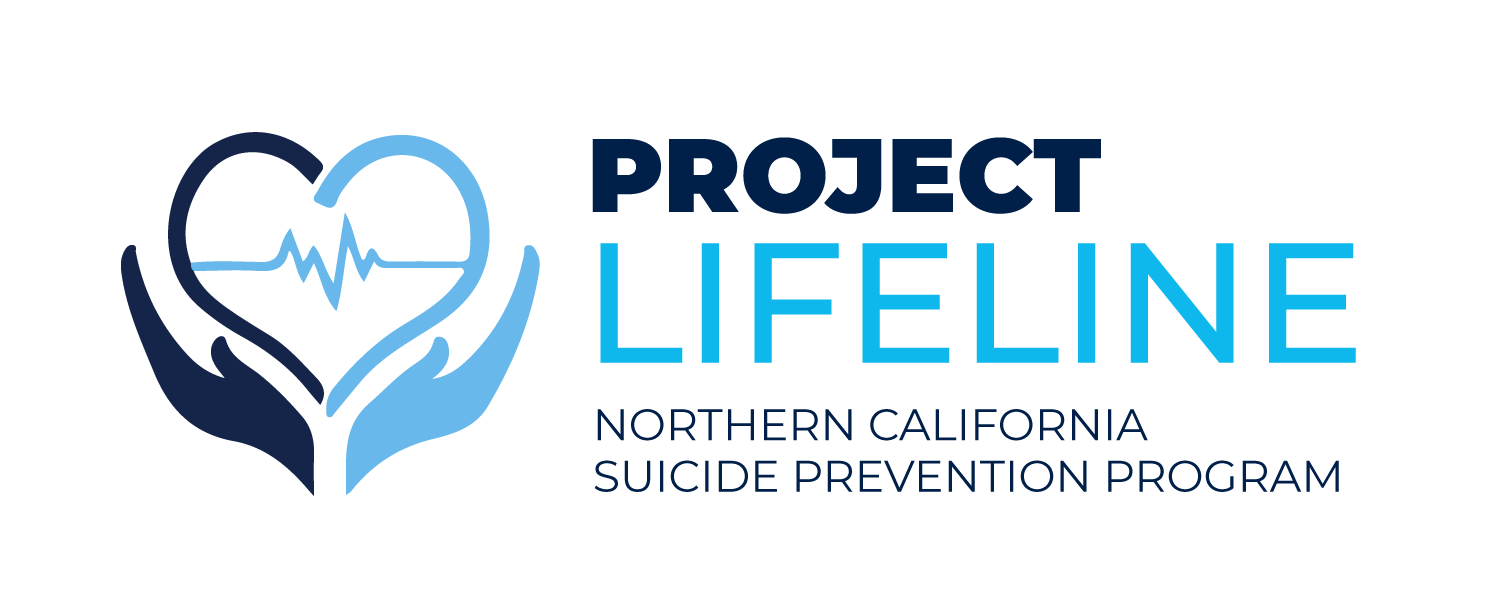It is normal to have increased feelings of loneliness, sadness, fear, or anxiety. That is especially true during the COVID-19 pandemic which has brought about some new challenges in managing one’s mental health. If your thoughts turn to suicide, or you worried about a loved one’s thoughts, please treat it like any other medical emergency. Get help fast. If you are not in life-threatening danger, please contact us to schedule an appointment.”
According to the Center for Disease Control, suicide is one of the top ten leading causes of death in the United States. Suicide rates are higher in rural America than in urban America. The gap in suicide rates between rural and urban areas grew steadily from 1999 to 2015. Since 2007, the gap began widening more quickly. Suicide is preventable with multiple, comprehensive suicide prevention strategies that may include innovative ways to increase access to healthcare and mental healthcare in rural counties. Cdc.gov/ruralhealth

